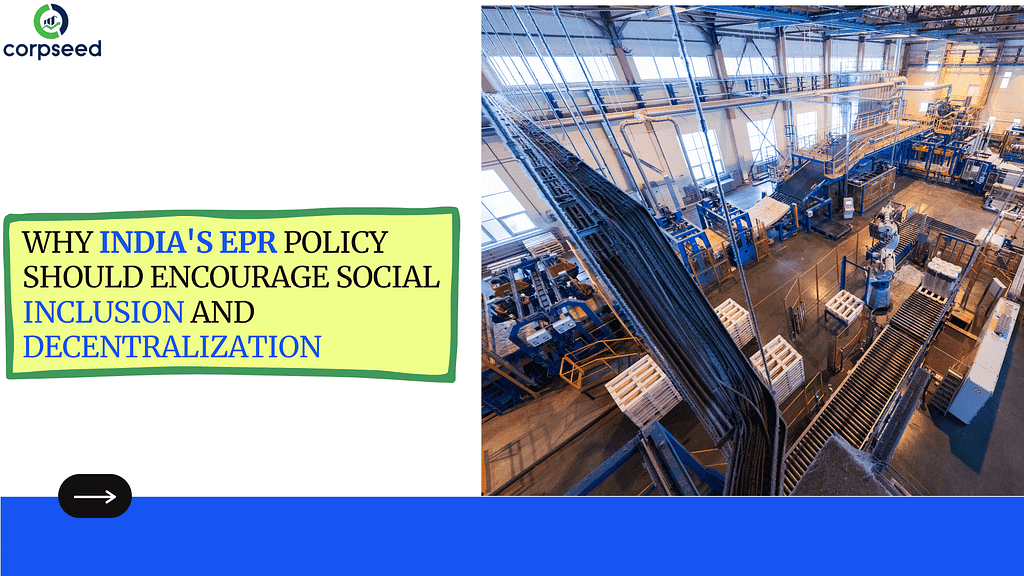The global waste problem is growing at a rapid stage. With waste generation expected to reach 3.4 billion tons by 2050, the efficiency of waste management systems has become critical for avoiding environmental, health, and societal issues. Although developed countries have adopted centralized waste management systems, developing countries have long relied on decentralized waste management systems that operate in the informal waste economy. Integration of the informal sector into the waste sector system boosts waste collection and recycling ability while also helping to reduce poverty and improve quality of life and help in the electronic and plastic waste recycling business.
Improved Quality:
Although it might sound unrealistic, the truth is that even the most advanced technological advancements in waste segregation can’t compare to the ability of qualified and professional workers to separate waste content. As a result, the quality of material moving through informal supply chains is always much superior to waste sorted by machines in centralized systems, which can cost millions of dollars.
Investing in small business owners:
The sector is characterized by a high level of decentralization and entrepreneurial spirit. Waste pickers are often recruited from the migrants and the urban poor, so any policy should focus on inclusion — enhancing the waste pickers’ protection, health, productivity, and wages while seeking to incorporate the value of their collection into a more systemic waste management system. Capability building, access to capital and basic resources, a secure and source-segregated waste stream, and local collaboration may all help waste pickers to improve their performance significantly.
Transportation Costs less:
Waste is sorted and graded at the group level rather than being shipped hundreds of kilometres to a central hub in decentralized systems. As a result, shipping costs are significantly reduced, making it much more cost-efficient.
4 Things To Consider When Hiring Shower Doors Installation Services
Changes in Society:
At Plastics for Improvement, we assume that waste can be used to make a positive difference. Emerging economies will help develop the livelihoods of the players in these economies, many of whom have been socially marginalized, by promoting and empowering these decentralized structures. Since centralized waste management contracts appear to exclude individuals from these communities due to obstacles like illiteracy, it’s even more critical to ensure that their livelihoods are safeguarded.
-
Fewer landfills:
Many large centralized waste collection companies run successful businesses by sending the waste they collect directly to landfills, where they are paid a tipping charge. This is also more profitable than covering the costs of collection, transportation, segregation, and aggregation, but it also means less material enters the circular economy, contributing to the rising pollution crisis. This is not a problem for informal waste schemes.
-
Circularity as a Culture:
Despite how decentralized their network is, India is extremely fortunate to have a working network of informal waste collectors, kabadiwalas, and aggregators who work together. After decades of trial and error, the circular economy has become embedded in the environment and resourcefulness of these players, ensuring the system’s effectiveness.



